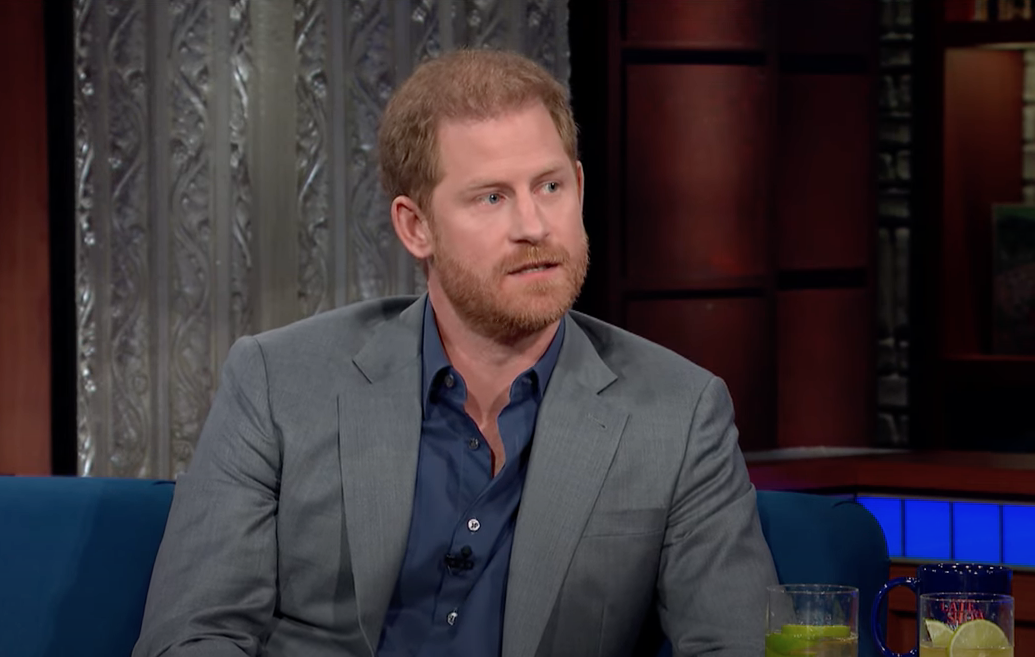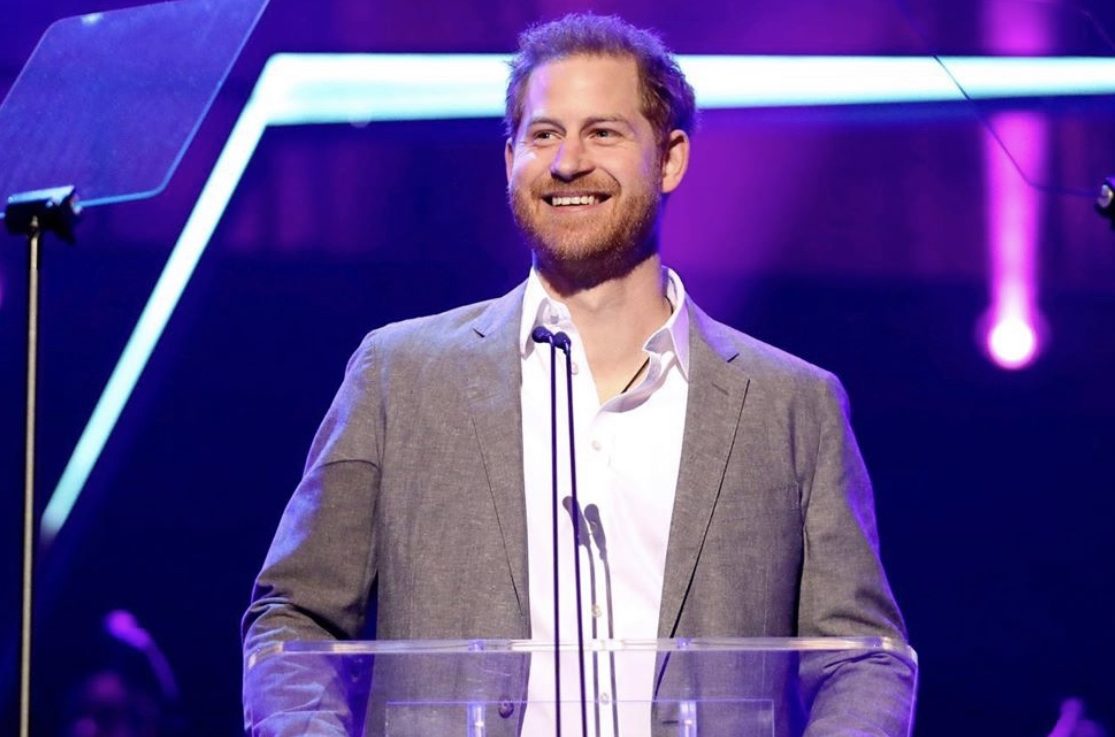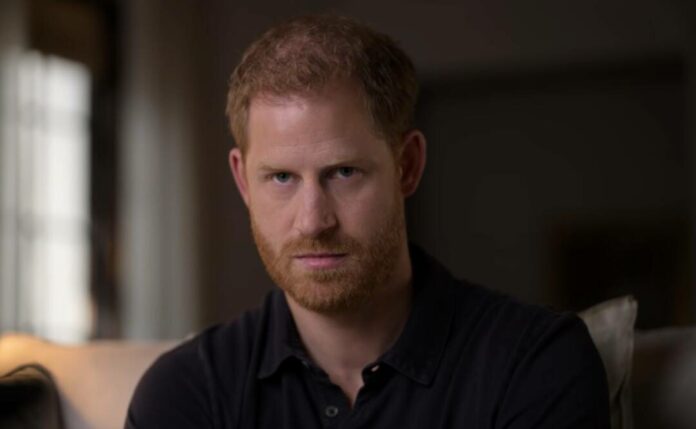Prince Harry’s request to pay for his own police protection in the UK has been denied.
In February 2020, the Home Office – which is responsible for policing, immigration and security, decided that the Duke of Sussex would stop receiving personal police security while in the UK, even if he were to fund it himself.
The father-of-two was seeking the green light from the High Court to secure a judicial review of the decision.

Last year, the High Court ruled agreed that Harry should be allowed to challenge the decision to end his police protection.
However, on Tuesday, the court denied his request and also ruled he could not seek a judicial review over letting him pay for the security himself.
The Home Office, who were opposing his claim, said the Executive Committee for the Protection of Royalty and Public Figures (Ravec) considered it wasn’t “appropriate” for wealthy people to “buy” protective security in the instance it had decided that the “public interest does not warrant” someone receiving such protection on a publicly funded basis.
Lawyers for the Metropolitan Police said had been “reasonable” in finding “it is wrong for a policing body to place officers in harm’s way upon payment of a fee by a private individual”.

However, Harry’s legal team argued that Ravec’s view on the matter could not be reconciled with rules which expressly permit charging for certain police services.
Mr Justice Chamberlain said in his ruling: “In my judgment, the short answer to this point is that Ravec did not say that it would be contrary to the public interest to allow wealthy individuals to pay for any police services.”
“It can be taken to have understood that s. 25(1) (of the Police Act 1996), to which it referred, expressly envisages payment for some such services.”
“Its reasoning was narrowly confined to the protective security services that fall within its remit.”

“Those services are different in kind from the police services provided at, for example, sporting or entertainment events, because they involve the deployment of highly trained specialist officers, of whom there are a limited number, and who are required to put themselves in harm’s way to protect their principals,” Mr Justice Chamberlain continued.
“Ravec’s reasoning was that there are policy reasons why those services should not be made available for payment, even though others are.”
“I can detect nothing that is arguably irrational in that reasoning.”

